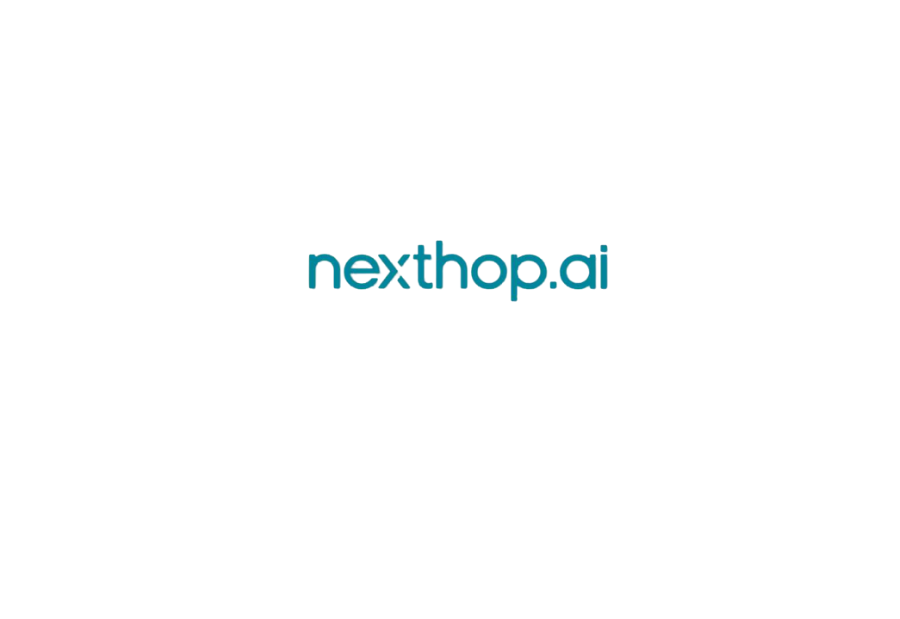One sector is being marketed to by an airline. That’s how Mani Ganeshan, head of India for Spain-based travel tech company Amadeus and senior VP of engineering for Asia Pacific, characterized the potential of AI in travel today. A traveler’s screen is now more than simply a generic website; it is a customized list of airline deals based on a person’s booking history, habits, and interests. “We are already seeing airlines create landing pages made specifically for you,” Ganeshan said at our webinar last week. Amadeus offers solutions for travel agents, hotels, airlines, and other companies involved in the travel industry.
Ganeshan said that Amadeus’ technology base in India, where hundreds of experts analyze enormous amounts of data to make every experience seem unique, is primarily responsible for engineering all the layers of AI-enabled customization.
Serving diverse industries
For many multinational corporations and their global capability centers (GCCs) in India, the situation is comparable. They now focus heavily on AI, and a large portion of that work is carried out from their centers here.
“AI sits behind the steering wheel instead of a human,” said Latha Chembrakalam, VP and head of the India technical centre at German automotive parts manufacturer Continental. According to Latha, the company’s India teams now work on everything from creating algorithms that allow for more automation and safety to building radar technology for automobiles. “We have global responsibility for radar products,” she said, before mentioning that her center employs close to 2,000 engineers that specialize on autonomous mobility. “Our next-gen camera systems calculate optical flow to reduce latency, and we also partner with cloud providers to integrate generative AI into vehicles,” she said.
Automobile goods are being shaped by three main factors: safety, use, and enjoyment. According to Latha, AI is now essential for all three. She explained how modern cars are equipped with camera-based driver monitoring and predictive technologies that foresee possible dangers. She also mentioned that two-wheeler rider assistance is now being developed.“It is all powered by AI,” she remarked, pointing out that the enhanced features contributed by the Indian facility are already being adopted by clients globally.
The story is just as fascinating in retail. In order to modernize data ecosystems and coordinate AI platforms, Amit Kapur, vice president of AI and data analytics at Lowe’s, one of the biggest home improvement firms in the US, mostly depends on its India GCC. Milo, Lowe’s recently unveiled customer chat assistant, was the product of substantial engineering work from the India center. AI is transforming the way teams work in the shop. “We are working on computer vision to track dwell time in aisles. We can detect if a customer appears stuck and send an associate to help,” Kapur said. He stated that these experimental projects had shown encouraging outcomes.
Ganeshan discussed AI-powered tools that now quickly notify passengers of the precise costs and reimbursements associated with cancellations. “You might think that is a small thing,” he observed, “But all of us would have faced that pain of waiting forever on a phone line to get that information, because these charges vary a lot depending on a number of factors. This technology provides an immediate answer.” He also mentioned how airport passenger flows are becoming more smooth thanks to AI technology based on biometrics. New airports in India, like as those in Noida and Navi Mumbai, are considering similar flows; they go well beyond what is now possible with Digi Yatra. A large portion of this work is carried out by Amadeus’ 4,000 engineers in India.
Global value creators
It may be time to change the word GCC to better reflect the changing roles of these centers, according to Santosh Rao, head of IBM Consulting India and South Asia’s business unit for GCCs. “Clients now trust their India teams to deliver on strategic AI initiatives. We see it in manufacturing, retail, travel, healthcare – across the board. We refer to this journey as moving from GCC to GVC, a global value centre.”
Rao explained that the shift is fuelled by a decisive change in how these centres function. “Only a few years ago, most activities were about cost arbitrage, or incremental R&D,” he noted. “Now, the focus is firmly on customer-centric innovation, core product development, and end-to-end digital transformation projects. When you ask GCC leaders what keeps them up at night, it’s no longer backend maintenance issues – it’s how they can leverage AI to create new revenue streams, scale products worldwide and safeguard intellectual property.”
According to Rao, IBM is actively assisting organizations in developing best practices for the modern era.“It’s not just about plugging in AI tools. You need robust data architectures, security postures, and methods to assure fairness, explainability and privacy. That’s why these centres are embedding governance into every stage of development, from initial design thinking all the way to production deployment.”
According to him, these methodical frameworks, which are based on ethical AI principles, enable Indian teams to push the envelope without compromising confidence.
He projected that most big corporations will rely significantly on their Indian centers in the next years, not just for strategic leadership but also for engineering assistance.
Also read: Viksit Workforce for a Viksit Bharat
Do Follow: The Mainstream formerly known as CIO News LinkedIn Account | The Mainstream formerly known as CIO News Facebook | The Mainstream formerly known as CIO News Youtube | The Mainstream formerly known as CIO News Twitter
About us:
The Mainstream formerly known as CIO News is a premier platform dedicated to delivering latest news, updates, and insights from the tech industry. With its strong foundation of intellectual property and thought leadership, the platform is well-positioned to stay ahead of the curve and lead conversations about how technology shapes our world. From its early days as CIO News to its rebranding as The Mainstream on November 28, 2024, it has been expanding its global reach, targeting key markets in the Middle East & Africa, ASEAN, the USA, and the UK. The Mainstream is a vision to put technology at the center of every conversation, inspiring professionals and organizations to embrace the future of tech.




